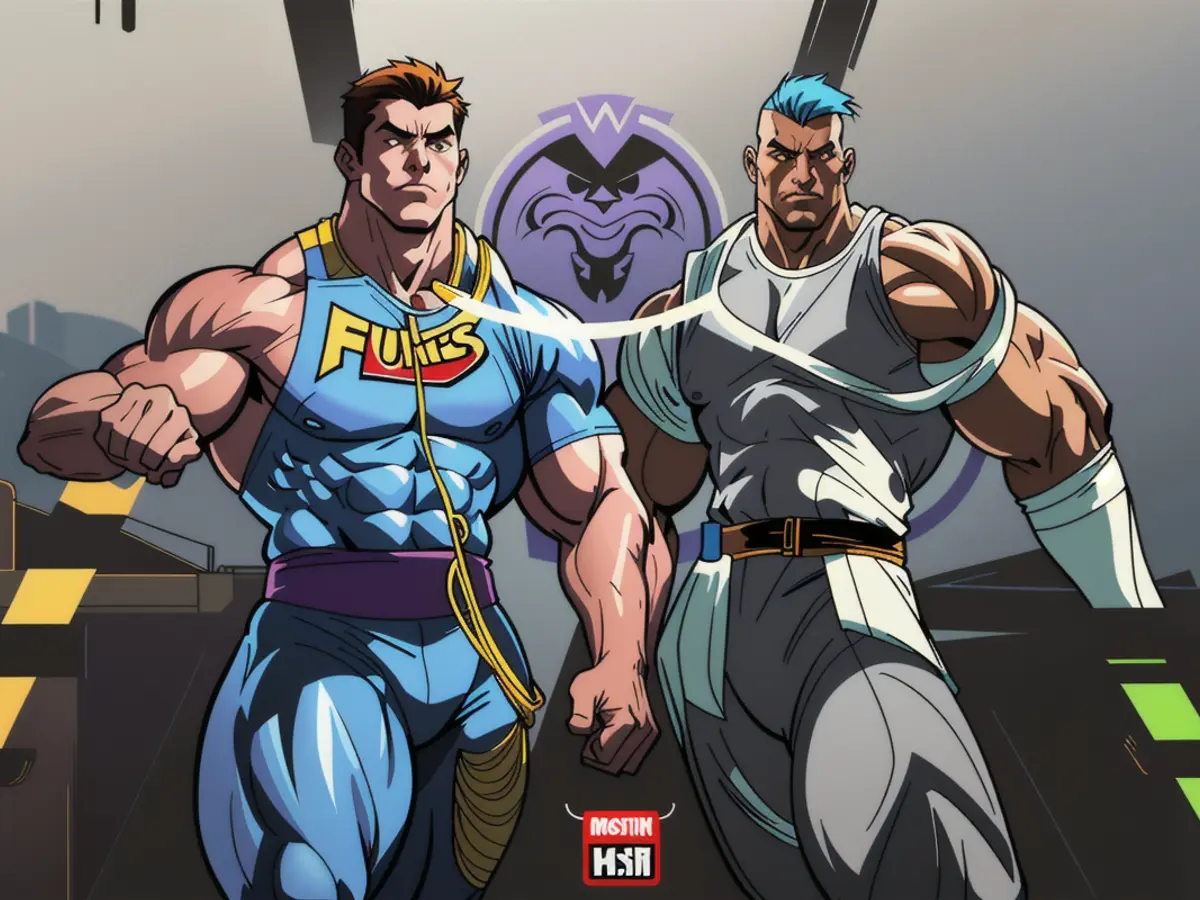Kamala Harris's WhatsApp Debut: A Step Towards Engaging Latino Voters
Kamala Harris Introduces WhatsApp Platform for Presidential Communication, Pioneering Innovation
In a bid to connect with Latino voters, the Kamala Harris presidential campaign ventured into uncharted territory, launching a WhatsApp channel on Monday. This marks the first such move by a U.S. presidential campaign, as the Harris team continues to explore various social media platforms to reach out to potential voters.
The new WhatsApp channel is seen as a novel approach to navigate the rapidly evolving and fragmented media landscape. At the same time, it serves as a countermeasure to the hostile rhetoric towards the Latino community often seen in Donald Trump's discourse.
Trump, with a history of controversy, kicked off his presidential journey in 2015 by derogatory remarks towards the Latino community, infamously labeling them as rapists [4]. The former President doesn't exactly have a sterling reputation, to put it mildly.
WhatsApp, owned by Meta, boasts almost 100 million users in the U.S. Despite boasting such numbers, it often draws less attention in America compared to its Meta siblings like Facebook and Instagram.
As of now, polls suggest a tighter race between Harris and Trump compared to the one between Trump and Biden, who dropped out of the race on July 21. According to FiveThirtyEight's polling average, Harris leads with 46.7%, while Trump trails behind with 43.8%. Robert F. Kennedy Jr. garnered 4.9% of the vote nationally [3].
The Electoral College system, however, renders national polls mostly irrelevant, emphasizing the importance of battleground states like Michigan, Wisconsin, and Pennsylvania. In these key states, Harris presently maintains a slender lead over Trump [2].
The Harris-Walz ticket has gained a reputation for offering a vision of hope and a generational shift, contrasting starkly with Trump's focus on the past and his bleak, neo-fascist alternative. This stark contrast is palpable in Harris and Walz's use of social media, which feels more optimistic and engaging compared to Trump's approach [1].
A recent conversation between Harris and Walz about food on YouTube showcased their ability to connect with voters on a personal level, although it triggered some backlash from a section of Trump supporters [5].
Maca Casado, the Harris-Walz Hispanic Media Director, expressed the campaign's commitment to engaging in fruitful conversations with Latino voters concerning the stakes of the election. Casado highlighted the campaign's approach to meet voters where they are, employing creative methods like the WhatsApp channel to reach the decisive voters in the election [1].
Digging Deeper
While the Harris campaign leverages social media to reach out to voters, the effectiveness of their strategy is not without controversy. Though there were efforts to engage voters through platforms like TikTok, the campaign seems to have fallen short in effectively mobilizing Latino voters and other key demographics [6].
On the other hand, Trump's campaign succeeded in capitalizing on social media platforms, particularly TikTok, to amplify conservative messages among young voters, which significantly impacted voting preferences, especially among Gen Z men and nonwhite conservatives [6].
The Democrats face a challenge in refining their digital strategy to better connect with diverse voter groups, including Latino voters. They are currently assessing their strategies post-election, with a renewed focus on enhancing their online content and visibility on platforms like TikTok [7].
- The tech-savvy strategy of Kamala Harris's campaign includes the recent launch of a WhatsApp channel, aiming to engage with Mexicans and other Latino voters in the future.
- In contrast to the divisive rhetoric that Donald Trump has often employed, particularly towards the Latino community, the Harris campaign's WhatsApp channel aims to counteract such negativity.
- Despite the large user base of WhatsApp, the tech platform, owned by Meta, is sometimes overlooked in America when compared to other Meta siblings like Facebook and Instagram.
- As the Harris-Walz ticket confronts the challenge of refining their digital strategy to better connect with diverse voter groups, they are assessing their strategies post-election, with a focus on strengthening their online presence and content, particularly on platforms like TikTok.








